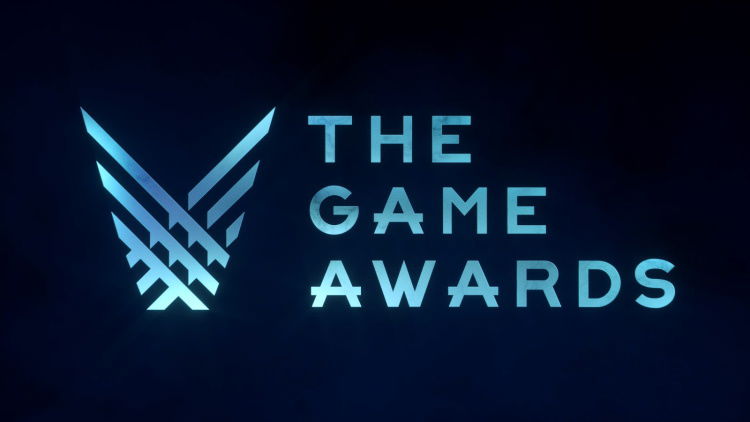One of my frustrations with various video game award shows, as I mentioned recently during Spectator Mode Podcast Ep. 168, is that these events often exclude game expansions from the Game of the Year selection. It’s no surprise that I was captivated by the release of Elden Ring: Shadow of the Erdtree earlier this year. It’s all I wanted to play, and even with so many games available today, I still find myself jumping back in to play. Yet, no matter how amazing this expansion was, it would never be recognized for anything more than an expansion and would inevitably be overlooked during these award shows.
However, things are about to change if the upcoming The Game Awards has anything to say about it. According to an updated page on its website, The Game Awards has amended its prior stance on expansions, remasters, and DLCs.
The Game Awards aims to recognize the best creative and technical work each year, irrespective of the format of that content’s release. Expansion packs, new game seasons, DLCs, remakes and remasters are eligible in all categories, if the jury deems the new creative and technical work to be worthy of a nomination. Factors such as the newness of the content and its price/value should be taken into consideration.
What does this mean? For games like Elden Ring: Shadow of the Erdtree or Final Fantasy XIV, which have seen several amazing expansions released over the past few years but were overlooked for GOTY, this change now gives them a chance to earn that coveted designation.
Of course, not everyone is thrilled about this decision and has taken to social media to voice their frustration—which, in my opinion, is a bit silly. It’s very silly.
Take these examples from the Twitter user, Nintendo Prime, who seems frustrated with the recent change to The Game Awards Show part.
By his reasoning, DLC should have its own category for recognition. Or should it be excluded simply because it’s not long enough? If that’s the case, should there also be criteria stating that a game must meet a minimum number of hours to qualify? That would disqualify several games from eligibility.
Consider this: in 2021, the Game of the Year at The Game Awards was It Takes Two, a game that can be completed in 12 to 15 hours. Meanwhile, Elden Ring: Shadow of the Erdtree can take up to 25 hours—or even longer if you’re tackling all the bosses instead of just the required ones and hunting down gear.
Is it fair to dismiss a DLC or expansion as a GOTY contender, even if it’s arguably the best game released that year—or even in years? To me, it’s not. That’s a prime example of gatekeeping 101. If a game is worthy of being a GOTY contender, it should be included—it’s that simple.
Being upset because a DLC or expansion they don’t like might win, or worse, beat out a game they want to win, is frankly ridiculous. This mentality seems rooted in the same console wars drama that the industry still struggles to move past. Let’s be honest—if a game won “Best DLC” or “Best Expansion” of the year, it wouldn’t carry the same prestige as “Game of the Year.” On top of that, it would likely compete with categories like “Best Ongoing Game,” leading to even more confusion.
In my view, it doesn’t matter. If a DLC or expansion adds substantial new content, fundamentally changes the game, and delivers an entirely fresh experience for players, why shouldn’t it be considered? Complaints about this feel like unnecessary outrage. The Game Awards’ decision to allow DLCs or expansions to be selected for GOTY doesn’t guarantee they will win—it just opens the door for deserving entries.
We don’t even know which games will be nominated yet, so maybe it’s best to step back and wait. The nominees will be announced on November 18, 2024, at 9 AM PT / 12 PM ET. If Elden Ring: Shadow of the Erdtree or Final Fantasy XIV: Dawntrail earns a spot, it will be because they deserve it. It’s that simple.




